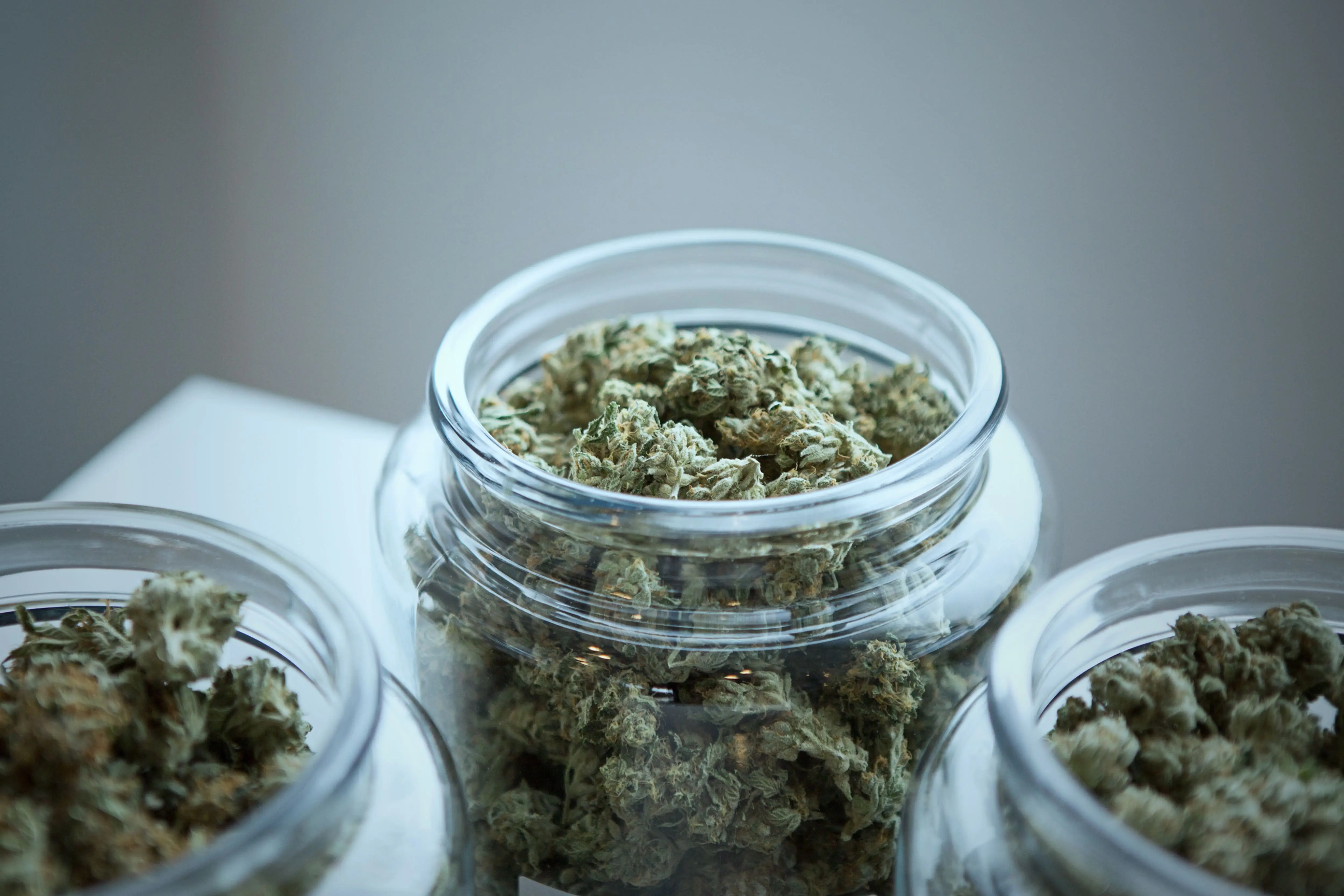Politics
Michigan Lawmakers Embrace Marijuana Tax Hike Plan Proposed By Governor

Michigan Senate Democrats are reportedly moving toward implementing a major tax hike on marijuana that was previously proposed by Gov. Gretchen Whitmer (D).
While no legislation to effectuate the policy change has been filed yet, the plan is to impose a 32 percent wholesale excise tax on cannabis—which would be in addition to the existing 16 percent in taxes that are placed on marijuana at the retail level.
The governor said in February that the proposal would “close a loophole that exempted the marijuana industry from wholesale tax, which is applied to similar smoking products, like cigarettes, and other tobacco items.” Aligning those tax policies, her office said, could help the state fund plans to “fix the damn roads for generations to come.”
“After voters legalized marijuana, the industry has grown exponentially thanks in part to Michigan’s industry-friendly taxes, the fourth lowest in the nation,” the governor said at the time. “The industry, which recorded billions in sales in 2024, uses Michigan roads to transport marijuana multiple times throughout the process, including to grow operations, testing labs, distribution hubs, and finally retail stores. This will add an additional $470 million to help fix roads across the state.”
It would also effectively double the total tax rate on cannabis in Michigan, which advocates say would unfairly burden businesses and consumers.
“Michigan’s cannabis consumers already pay more than their fair share of taxes. They should not be singled out to bear the costs of ‘fixing the damn roads,'” Karen O’Keefe, director of state policies for the Marijuana Policy Project (MPP), told Marijuana Moment.
“Michigan’s excise taxes are about 10 times as high on cannabis as they are on alcohol,” she said. “Gov. Whitmer’s proposal would roughly double the tax burden on consumers, many of whom are medical patients who are struggling to make ends meet.”
Despite pushback from advocates and industry stakeholders, however, Michigan Information & Research Service Inc. reported last week that Senate Democrats are getting on board with the governor’s plan.
Senate Appropriations Committee Chair Sarah Anthony (D) said that “whether it’s looking at industries that disproportionately impact the quality of roads, or other creative ways for us to make sure there’s shared sacrifice, I think ultimately, when we get to the point that we’re building a sustainable roads plan, it’s going to take a lot of creativity, both revenue as well as reductions in some of our state services.”
Asked specifically about the proposed marijuana tax increase, Anthony said, “I think you can look at some of the ones that the governor put forward early on, so we have some knowledge there.”
Other states have similarly contemplated tax hikes for marijuana as their markets have matured. And such plans been met with similar blowback from the industry.
In California, for example, lawmakers last week sent a bill to the governor’s desk that would put a pause on a recently enacted tax hike on marijuana products.
In Maine, Maryland and Ohio, bipartisan governors have also floated tax hikes within their state cannabis programs this year—a trend that raises questions about balancing revenue goals with the need to bring consumers into the legal marketplace.
—
Marijuana Moment is tracking hundreds of cannabis, psychedelics and drug policy bills in state legislatures and Congress this year. Patreon supporters pledging at least $25/month get access to our interactive maps, charts and hearing calendar so they don’t miss any developments.
![]()
Learn more about our marijuana bill tracker and become a supporter on Patreon to get access.
—
Back in Michigan, officials announced in February that they’re disbursing nearly $100 million in marijuana tax revenue to over 300 cities and tribes across the state thanks to the state’s adult-use legalization law. That’s part of the overall $331 million in tax dollars Michigan is distributing across various initiatives.
The tax revenue supporting these disbursements is the result of a record year for marijuana sales in Michigan, with over $10 billion in adult-use cannabis products sold in 2024.
State officials said in late 2023 that tax revenue from legal marijuana grew by 49 percent compared to 2022, surpassing the amount of revenue made from alcohol sales. Marijuana sales incur a 10 percent excise tax—among the lowest rates in the nation—as well as a 6 percent state sales tax.
Also, lawmakers recently introduced legislation that would exempt adults with PTSD from state laws against the possession, cultivation and use of psilocybin and psilocin, the two primary active components of psychedelic mushrooms.



